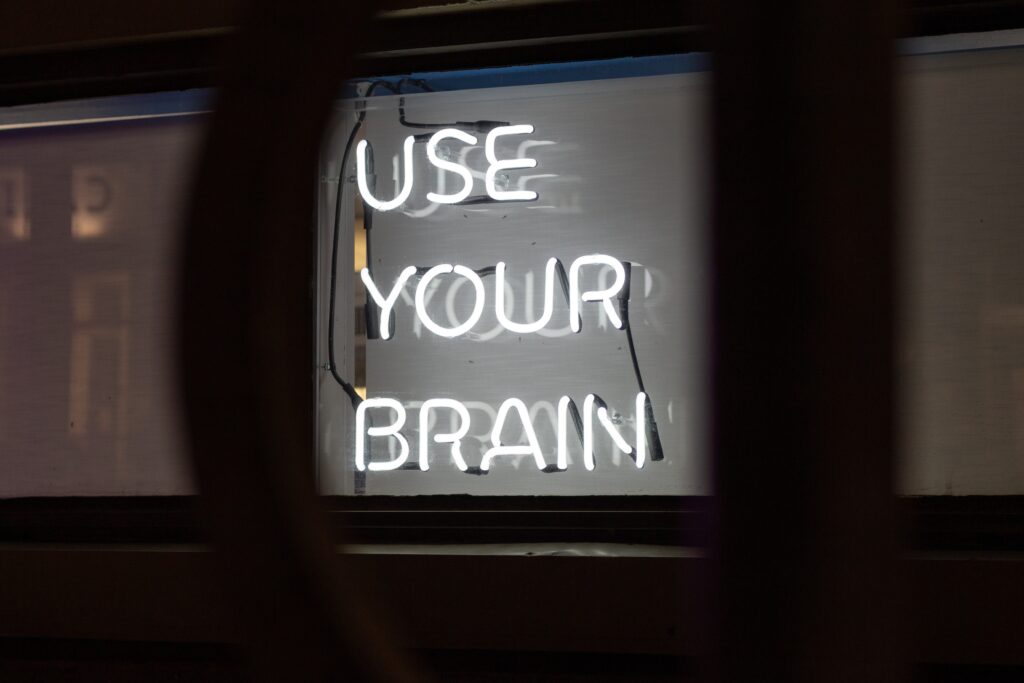Losing weight is challenging, keeping the weight off is the real challenge though. It is possible to do. Recent research adds to the existing pile of science showing the important link between your brain and your weight loss efforts.
Natural Defenses
We are hardwired to defend our body fat stores to avoid starvation, with a few key hormones that interact with the brain to let us know when our body fat stores are threatened. Even if we are overweight and there is no sign of famine in our environment, we will defend that level of body fat, and if you have ever tried to lose weight you will probably relate.
Namely, some of these key hormones are called leptin and ghrelin. Leptin is stored in body fat and as we lose fat, leptin levels are lowered and this is a signal to increase food intake. Ghrelin is an appetite hormone secreted from the stomach and small intestine, it is produced to increase food intake and it shares this reciprocal relationship with leptin.
We Eat To Live, Not to “NOT DIE”
We don’t always eat to defend our body fat stores and for the purpose of ‘not dying’ however, we eat for pleasure too, obviously.
Not so obviously, we actually have 3 circuits responsible for making food decisions all of which interact.
1) Homeostatic: “not dying”, food for purpose/fuel.
2) Hedonic: rewarding, subjectively pleasurable value of food. Then we have
3) Executive function: the brain circuitry governing our ability to cognitively control behaviours.
These three circuits run in different sections of the brain and the latest piece of research looked at how these centers of the brain are activated with weight loss over three months and a 2 year follow up, and changes in the aforementioned hormones.
New Research
The study set out test 2 hypotheses
1) Activation of cognitive control networks during fMRI would predict weight loss. (fMRI is a brain scan that see what areas of the brain are more active than others)
2) Early weight loss should lead to changes in leptin/ghrelin and lead to increased activity in the reward centres of the brain and counteract self control.
24 subjects, all female but one, were put on a calorie restricted diet for three months. They had an fMRI scan at baseline, month 1 and month 3 and also metabolic measures taken, looking at leptin, ghrelin and insulin.
During the fMRI the subjects looked at 216 pictures of appetizing foods or pleasant scenery and rated them on a scale 1 to 4, while they had the brain scanned. The authors analysed all of the necessary variables and found:
Hypothesis 1 was supported. Weight loss at month 1 was associated with increased activity in the part of the brain responsible for voluntarily suppressing reaction to food cues, (cognitive control). This also correlated with increased weight loss into month three. Importantly, reductions in this network correlated with weight regain two years later in the follow up while engagement of these areas correlated to weight loss at months 1 to 3 and maintenance at 2 years.

A link to Binge Eating
As an adjunct to these findings, the authors looked at whether activity in these prefrontal regions of the brain actually related to cognitive control ability when it came to food relationships, so they administered the binge eating scale which is validated to assess a loss of control over eating.
As this research seems to be playing out, there was indeed a relationship, less activity in that area of the brain is associated with binge eating symptoms.
What about the hormones?
Leptin and ghrelin did their thing and changed as a result of calorie restriction and weight loss. Both changed the most at month one but had no significant difference at month 3. Both of these changes led to increased reward signalling in response to food, as we might have thought.
Prediction 2 was not supported however. Reductions in leptin were positively correlated with weight loss across the intervention and at 2 years. It makes sense given that reduced fat mass leads to reduces leptin, but it would also make sense that reductions in leptin would lead to increased food intake and thus weight regain.
Increases in ghrelin showed the same relationship.
More Power to You
So, these two hormones that are key in defending body fat stores both did their job and both were associated with increased food reward activity yet did not impede the subjects’ ability to lose weight and keep it off
It would seem that you are not doomed to inevitable weight regain as a result of your hormones doing their job. It would be wise to consider an approach to weight loss that improves your cognitive control, relationship with food and probably reduces the amount of restraint and willpower you need to exhibit overall. There is a lot to be said for a mindful approach and lasting behavior change.
Reference:
Neseliler et al., Neurocognitive and Hormonal Correlates of Voluntary Weight Loss in Humans, Cell Metabolism
(2018), https://doi.org/10.1016/j.cmet.2018.09.024
Bibliography:

